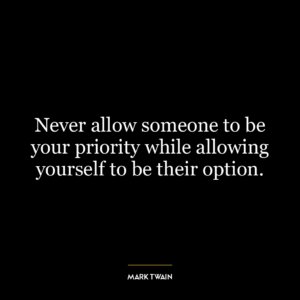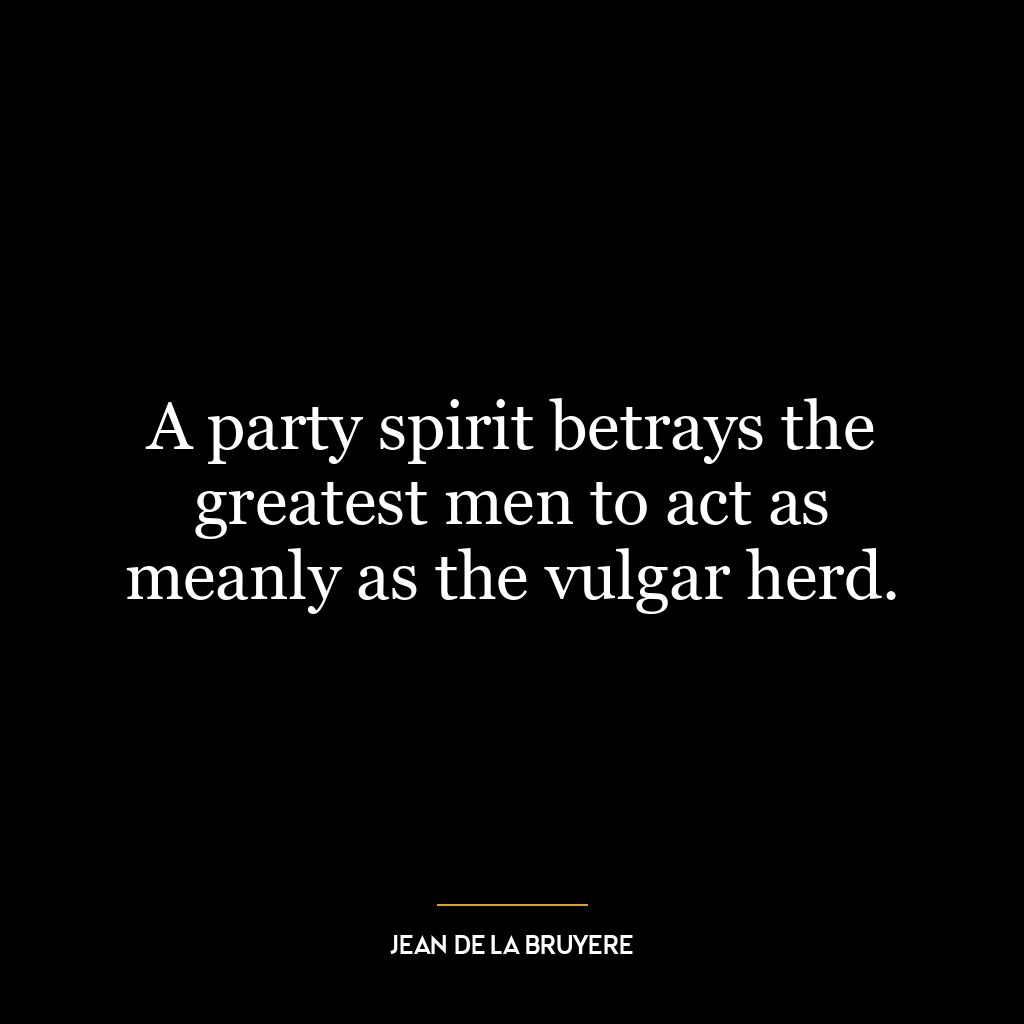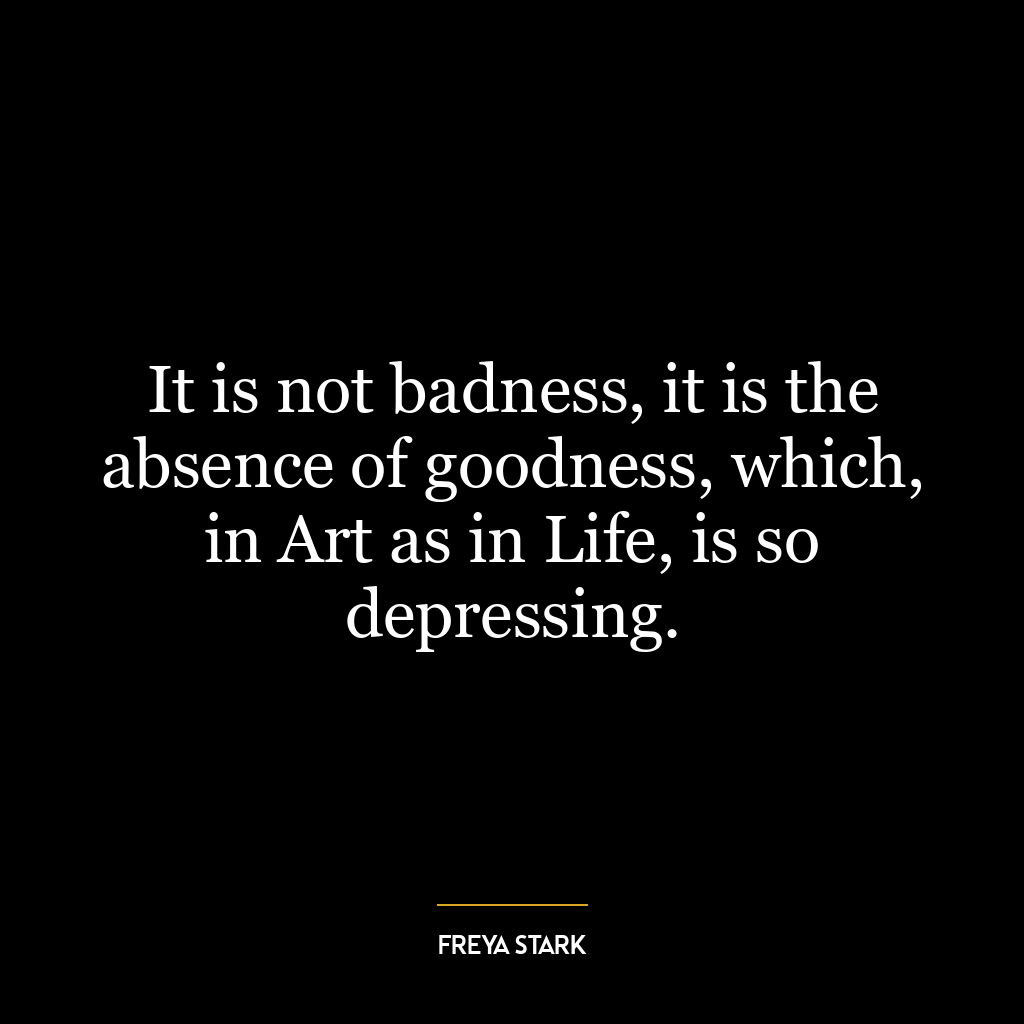It is better to take what does not belong to you than to let it lie around neglected.
This quote is provocative in its suggestion that it’s better to take what doesn’t belong to you than to let it go to waste. It challenges the conventional notions of ownership and property rights, suggesting that value and utility should be prioritized over strict adherence to these principles.
The quote can be seen as an argument in favor of a more utilitarian approach to resources. It suggests that if something is not being used or appreciated by its current owner, it would be better for someone else, who can make good use of it, to take it. This idea is not necessarily advocating theft in the literal sense, but rather, it emphasizes the importance of not letting valuable resources go to waste due to neglect or underutilization.
Applying this idea to today’s world, one could think about the vast amount of food waste produced by households and businesses. If this food, instead of being thrown away, was given or taken by those in need, it would not only benefit those individuals but also help to address the larger issue of food waste and hunger.
In terms of personal development, this quote can be a call to action to seize opportunities that are being neglected by others. For example, if there is a skill or a role in your workplace that nobody is interested in, taking the initiative to learn and master it could lead to personal growth and advancement. It’s about recognizing the potential in what others overlook and making the most out of it.
However, it’s important to note that this quote should not be used to justify unethical behavior. The core message is about recognizing and utilizing neglected resources or opportunities, not about taking what rightfully belongs to others without their consent.










